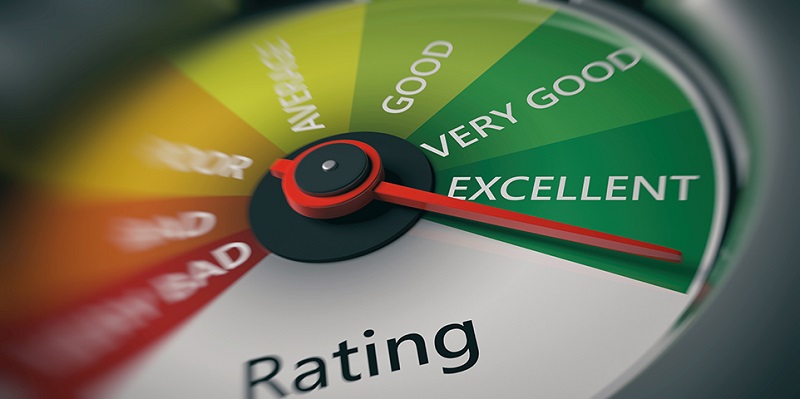Choosing the Right Insurance Provider: Factors to Consider
When it comes to securing our future and protecting our assets, insurance plays a crucial role. Whether it’s health insurance to cover medical expenses, auto insurance to safeguard our vehicles, or home insurance to protect our property, selecting the right insurance provider is of paramount importance. With a multitude of insurance companies in the market, finding the perfect match can be overwhelming. This article delves into the key factors to consider when selecting an insurance provider, focusing on evaluating the insurance company’s reputation and comparing their offerings.
Factors to Consider when Selecting an Insurance Provider
-
Coverage Options and Policies: When choosing an insurance provider, it’s vital to assess the range of coverage options and policies they offer. Different insurers may have varying plans tailored to specific needs. It’s essential to ensure that the insurance company can provide the coverage required for your individual circumstances, whether it’s comprehensive health coverage, collision and liability coverage for your car, or protection against natural disasters for your home.
- Financial Stability and Strength: One of the critical factors to consider is the financial stability and strength of the insurance provider. It is crucial to select a company that has a strong financial standing and a proven track record of meeting its financial obligations. This ensures that the insurer will be able to honor claims and provide timely compensation when needed, giving you peace of mind in uncertain times.
- Customer Service and Support: The level of customer service and support offered by an insurance provider can make a significant difference in your overall experience. Research the company’s customer service reputation, read reviews, and seek recommendations from friends or family. A reliable insurer should be responsive, attentive, and efficient in handling inquiries and processing claims.
- Premium Costs and Payment Options: Premium costs can vary significantly among insurance providers for similar coverage. It’s essential to obtain quotes from multiple companies and compare the premiums, ensuring they align with your budget. Additionally, inquire about the available payment options and whether there are any discounts or incentives for bundling policies or maintaining a good claims history.
- Licensing and Accreditation: Before finalizing your decision, verify that the insurance provider is licensed to operate in your state or country. A licensed insurer ensures compliance with regulations and offers protection in case of any disputes. Look for accreditations and certifications from industry bodies, as these demonstrate the insurer’s commitment to maintaining high standards of service and ethics.

Evaluating Insurance Company Reputation
-
Online Reviews and Ratings: In the digital age, access to information is at our fingertips. Take advantage of online resources to research the reputation of insurance providers. Check websites that host customer reviews and ratings to gain insights into the experiences of policyholders with a particular company. Look for patterns in feedback, both positive and negative, to form a well-rounded opinion.
- Financial Ratings: Financial ratings agencies such as Standard & Poor’s, Moody’s, and A.M. Best provide assessments of insurance companies’ financial health. These ratings are based on the company’s ability to meet its financial obligations and are valuable indicators of stability and reliability. Opt for insurers with high financial strength ratings to ensure security in times of crisis.
- Complaint Ratios and Regulatory Actions: Every insurance company is subject to regulations and oversight by relevant authorities. Check with your state’s insurance department to review complaint ratios and any regulatory actions taken against potential providers. A company with excessive complaints or a history of regulatory issues may be a red flag.
Comparing Insurance Provider Offerings
- Coverage Inclusions and Exclusions: As you compare insurance offerings, pay close attention to the coverage inclusions and exclusions. Some policies may offer additional benefits or have more comprehensive coverage for specific situations. Conversely, others may have significant exclusions that could leave you vulnerable. Thoroughly understand the terms and conditions of each policy to make an informed decision.
- Deductibles and Limits: Insurance policies often come with deductibles and coverage limits. The deductible is the amount you’ll have to pay out of pocket before the insurance kicks in, while the limit is the maximum amount the insurer will pay for a claim. Compare these aspects across different providers to find a balance between affordability and adequate coverage.
- Additional Services and Benefits: Apart from standard coverage, some insurance providers offer additional services and benefits. These may include roadside assistance, telemedicine services, or loyalty programs. Assess whether these value-added services align with your needs and can enhance your overall insurance experience.
Conclusion
Choosing the right insurance provider requires thorough research and consideration of several factors. By evaluating the company’s reputation, comparing offerings, and focusing on the essential elements, you can make an informed decision that ensures you get the coverage and support you need. Remember to review your insurance needs regularly and adjust your policies as circumstances change to maintain comprehensive protection throughout your journey in life.









